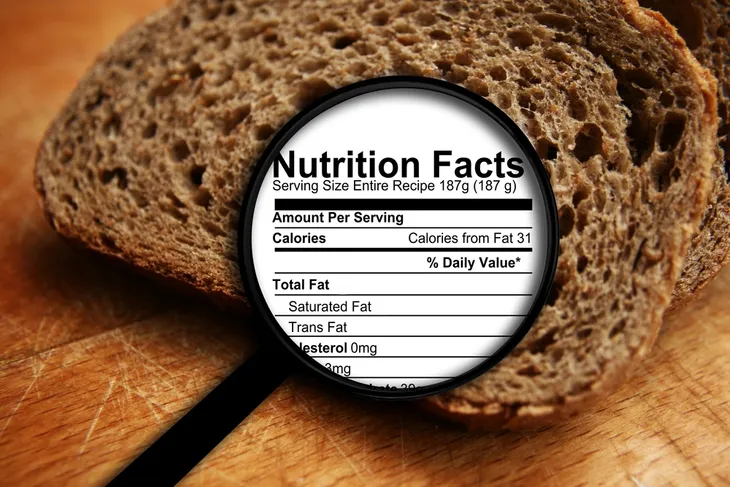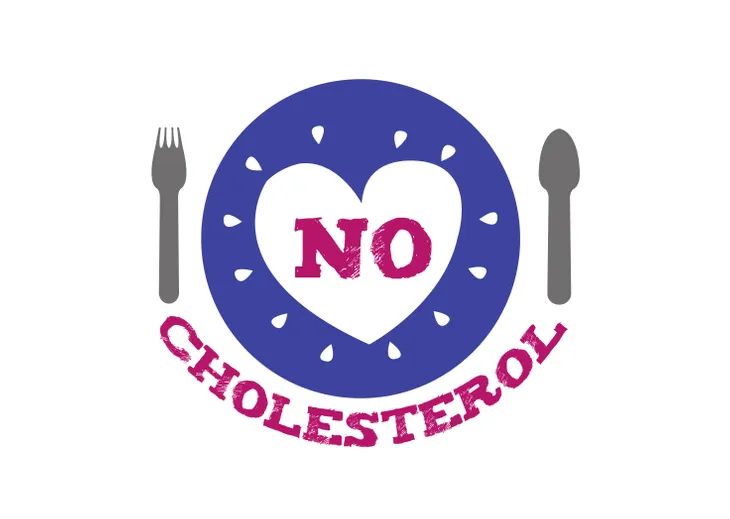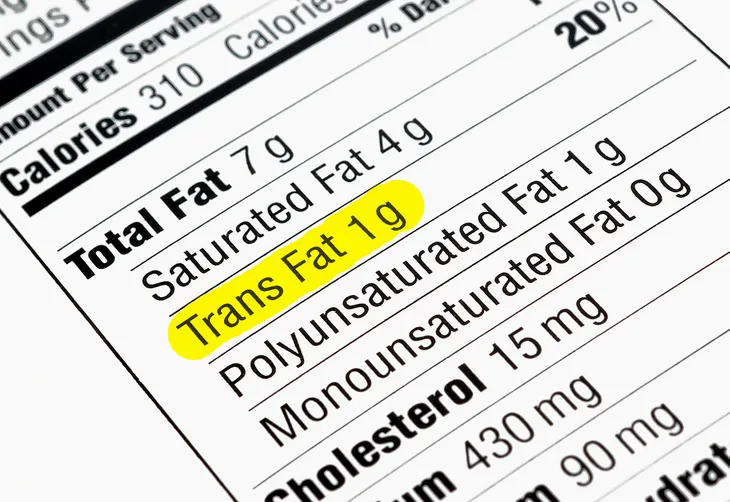A number of laws passed over the past few decades require food manufacturers to provide specific labeling for products regulated by the FDA. This includes disclosing the amount of trans fat and saturated fat, as well as nutritional value per serving.
However, despite these requirements, it’s still easy to gloss over food contents and be misled by claims if you’re not careful. There are a lot of buzzwords in the industry that might lead you to believe you’re making the healthiest choices, but you might not see the whole picture. Read on to learn what to be wary of on food labels…
Want diet & nutrition content delivered straight to your inbox? Sign up for our exclusive diet & nutrition newsletter!
Reconsider ‘Organic’
This buzzword might have you feeling better about your food purchase, as you are led to believe that you’re doing some good for yourself and the earth. However, while that may be true, there’s no real evidence to show that organic foods are “nutritionally superior,” notes Real Simple. Also, the products only need to be 95-percent organic to make the claim, it adds.
However, it is true that foods labeled as organic are usually made without the aid of pesticides and synthetic hormones, and are not typically genetically engineered, adds the source. Keep in mind that organic products can cost upwards of 50-percent more than their non-organic counterparts to help you weigh your options.
Serving Sizes May Vary
While you can see how many calories are in a serving size on a food label, it’s important to consider what serving size is listed, notes Healthline. For example, while you might think the calorie content is quite low and therefore fit for your diet, the serving size is typically less than what a person would eat. “For example, one serving may be half a can of soda, a quarter of a cookie, half a chocolate bar, or a single biscuit,” it explains.
This trick is designed to make you think you’re making a healthier choice, but when you eat your ideal serving it may not be the case, notes the source. Be sure to check serving size closely and calculate how big a portion it actually is compared to what you’d normally consume. Then you can do the real math.
Less Fat, But More of Something Else?
Your eyes may be drawn to claims of “fat-free” or “sugar-free” on a food label. You might fall for this to accommodate dietary restrictions due to your health. But the truth is you might not be eating a totally healthy product, warns BestHealthMag.ca.
The source notes that in some cases, foods that have “reduced fat” might be heavier in other areas, namely salt and sugar. The same goes for “low sugar” – it might mean there’s more fat or salt, it adds, noting this is to make up for flavor that is lost by reducing one of these components. Don’t take “low” whatever claims at face value – make sure you’re not consuming more of something else to make up for it.
Don’t Get ‘Light’ Headed
A marketing genius somewhere came up with the term “light” for foods and beverages, and the term has worked its way onto a wide range of food labels. It does mean it’s lighter in terms of calories and fat content, but perhaps not as much as you might think.
Real Simple explains that usually it means there’s a third fewer calories than the full-calorie version, or it has “up to” 50-percent less fat or sodium. As mentioned earlier, when you remove certain potentially unhealthy ingredients, some may be added to make up for it: in the case of “light” foods, there could be more sugar, warns the source. Don’t take this buying decision lightly – check the label carefully.
‘Natural’ Can Be Misleading
What’s better than seeing “all-natural” or something similar on a food label? It conjures up images of foods made with care and love, with ingredients plucked straight from the ground and woven into a wonderfully healthy product. Right?
Not always so, says Healthline.
According to the source, the FDA is yet to reach a conclusive definition for the term (however, the FDA says it does mean there’s no artificial additives.) Also be wary if the manufacturer tries to lure you with “made with real fruit” or something equivalent to it – the product only needs to have a small amount of “real” ingredients to make this claim, it adds.
‘Cholesterol-Free’ Isn’t Always The Case
Health.com says to be wary when you see “cholesterol-free” on a food label. That’s because while you might think it’s completely devoid of bad cholesterol, it only needs to have less than 2-mg per serving to make the claim. Meanwhile, “low cholesterol” products only need to have 20-mg or less, it adds.
Also don’t be fooled by plant-based oils that use “cholesterol-free” as a selling point. No vegetable oils contain cholesterol, as it is found in animal and dairy products (including eggs and butter), explains the source.
‘Zero Trans Fat’ Doesn’t Mean No Unhealthy Fats
Avoiding trans fat has been an obsession of many health-conscious people for years, and the FDA helped by banning the use of artificial trans fats in food products in 2015 (the requirement was that manufacturers would stop using artificial trans fats deemed to be “unsafe” by June 2018, but some of these products made before then could be in distribution until 2021). A link was discovered between these trans fats and heart disease (it raises bad cholesterol), adds the source.
However, some naturally occurring trans fats might be found in dairy and meat products, and could be hidden in other foods. Real Simple explains that labels that claim “0 Grams Trans Fat” only need to have 0.5-grams of trans fat or less per serving. It also notes that the words “hydrogenated” or “partially hydrogenated” on food labels means trans fats are lurking inside. Trans fats may be replaced by unhealthy saturated fats, or palm oil, it adds.
Go Against The Grain
“Multigrain” sounds good to the health-conscious food shopper. But Health.com says this term might not all it’s cracked up to be when it comes to crackers and bread. You should be checking that it’s important to check if it’s whole grain or 100%-whole wheat.
Whole grains are less refined and retain more fiber and nutrients than other grain products, explains the source. Examples of whole grain foods include popcorn and brown rice – but it also warns not to judge grain content by color, as even some darker breads are artificially colored to create the illusion of health.











